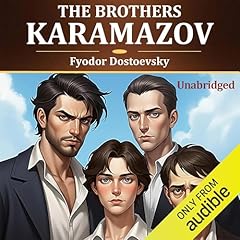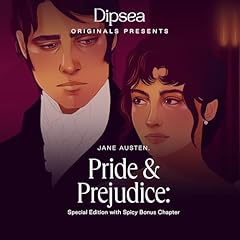
The Socratic Dialogues: Early Period, Volume 1
The Apology, Crito, Charmides, Laches, Lysis, Menexenus, Ion
Failed to add items
Add to basket failed.
Add to wishlist failed.
Remove from wishlist failed.
Adding to library failed
Follow podcast failed
Unfollow podcast failed
Buy Now for £12.99
-
Narrated by:
-
David Rintoul
-
full cast
About this listen
Here are the Socratic Dialogues presented as Plato designed them to be - living discussions between friends and protagonists, with the personality of Socrates himself coming alive as he deals with a host of subjects, from justice and inspiration to courage, poetry and the gods.
Plato's Socratic Dialogues provide a bedrock for classical Western philosophy. For centuries they have been read, studied and discussed via the flat pages of books, but the ideal medium for them is the spoken word. Some are genuine dialogues while some are dialogues reported by a narrator supposedly at a later date.
Ukemi Audiobooks presents all of the Socratic Dialogues in a series of recordings divided into Early Period (Volumes 1 & 2), Middle Period (Volumes 1 & 2) and Late Period (Volume 1) - based on their likely composition by Plato. This opening volume starts with perhaps the most famous speech, The Apology, Socrates' doomed defence against the charge of heresy and corrupting the young. It is followed by Crito, in which Socrates' friend offers to spirit him out of Athens to avoid execution. Among the others are discussions on Courage (Laches), and Friendship (Lysis).
The role of Socrates is taken by David Rintoul, a widely admired and experienced audiobook reader who studied philosophy at university before taking a different path to RADA, TV, theatre and film. He is joined by a broad range of readers, most known to Audible listeners. Each Dialogue is prefaced with a short introduction to set the scene for newcomers to Plato.
Translation: Benjamin Jowett.
Public Domain (P)2017 Ukemi AudiobooksPerfect narration, compelling texts
Something went wrong. Please try again in a few minutes.
Quality of the voices
Something went wrong. Please try again in a few minutes.
beautifully spoken
Something went wrong. Please try again in a few minutes.
An excellent way to experience Plato.
Something went wrong. Please try again in a few minutes.
A masterful recording brings Plato back to life
Something went wrong. Please try again in a few minutes.


















